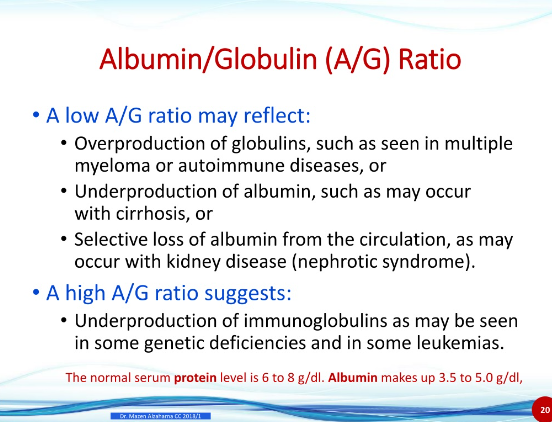How to Lower Globulin Levels: Understanding and Managing Your Health
Globulin levels are a crucial component of your overall health. They are a type of protein in your blood that plays a vital role in various bodily functions. In this article, we'll explore what globulin levels are, why they matter, and ways you can manage and lower them if needed.

How to lower globulin levels?
1. Understanding Globulin Levels:
Globulins are a diverse group of proteins found in your blood.
They are responsible for various functions, including immune system support, blood clotting, and transporting other molecules.
There are different types of globulins, such as alpha, beta, and gamma globulins, each serving a specific purpose in maintaining your health.
2. Importance of Balanced Globulin Levels:
Balanced globulin levels are essential for optimal health. High or low levels of globulins can indicate underlying health conditions or imbalances in your body.
Therefore, regularly monitoring your globulin levels, along with other blood tests, is crucial for early detection and prevention of potential health issues.
3. Factors Affecting Globulin Levels:
Several factors can influence your globulin levels, including diet, genetics, medications, and underlying health conditions.
High globulin levels may be associated with conditions like liver disease, inflammation, or certain autoimmune disorders.
On the other hand, low globulin levels can be linked to conditions like malnutrition or immunodeficiency.
4. Ways to Lower Globulin Levels:
If your healthcare provider determines that your globulin levels are elevated and need to be lowered, there are several steps you can take:
-
Dietary Changes: Incorporate a balanced diet rich in fruits, vegetables, lean proteins, and whole grains. Limit processed foods and sugary drinks, as they can contribute to inflammation and imbalances.
-
-
Hydration: Drink plenty of water to support kidney function and maintain proper blood volume, which can help regulate protein levels.
-
-
Regular Exercise: Engaging in regular physical activity can help improve overall health, promote weight management, and regulate protein levels.
-
-
Manage Underlying Conditions: If you have underlying health conditions contributing to high globulin levels, work closely with your healthcare provider to manage and treat those conditions effectively.
-
-
Stress Management: Chronic stress can lead to inflammation and affect protein levels. Practice stress-reduction techniques such as meditation, yoga, and deep breathing exercises.
-
-
Medication Review: Consult your healthcare provider to review any medications you're taking that might impact globulin levels. They can help adjust your medication regimen if necessary.
5. Consulting a Healthcare Provider:
It's essential to consult a healthcare provider before making any significant changes to your lifestyle or attempting to lower globulin levels on your own.
They can conduct a comprehensive evaluation, order necessary tests, and provide personalized recommendations based on your specific health situation.

Albumin/Globulin Ratio
Maintaining balanced globulin levels is vital for overall health and well-being. Understanding the factors that influence globulin levels and implementing healthy lifestyle changes can help you manage and optimize your health. Regular consultation with a healthcare provider ensures that you receive accurate guidance tailored to your individual needs and medical history.